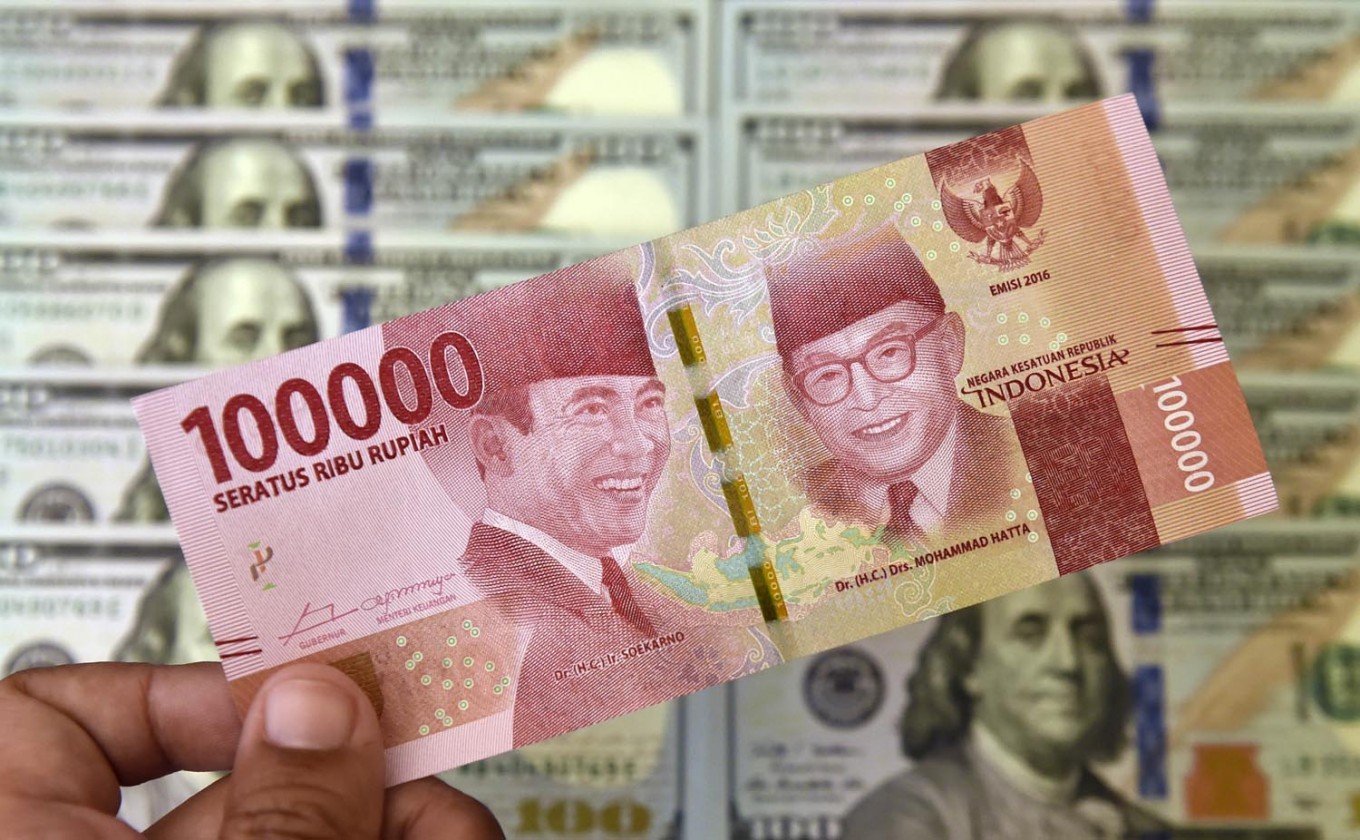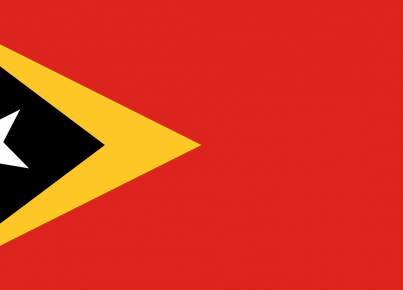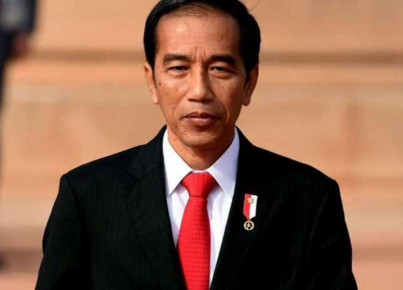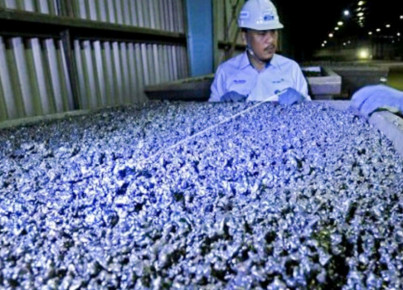Indonesia change tack and opens up to foreign investment, as part of the reforms planned by the implementation of the Omnibus Law
The Presidential Decree 10/2021, also dubbed as “Positive Investment List”, took effect on March 4, 2021, outlining the new list of business fields open to investment. This regulation is included in the implementation of the so-called “Omnibus Law”, the largest economic reform plan ever launched in Indonesia and replaces Presidential Decree no. 36/2010, which listed the sectors closed to investment and those open under specific conditions.
Approved on October 5, 2020, the controversial Omnibus Law (UU 11/2020 Cipta Kerja) mainly aims to create new jobs, encourage domestic and foreign investment, and stimulate the economy through the simplification of bureaucratic processes and the speeding up of political decisions. However, strong disapproval was expressed by trade unions and workers' rights associations, epitomized in massive protests throughout October to condemn the law for the damage caused to wages, job safety and to environmental protection, with further centralization of power in Jakarta.
The new investment list has significantly reduced the number of sectors that are completely closed to any form of investment (foreign or local) and those that are totally closed or partially open to foreign investment. This aligns with the government's efforts to counter the impact of the Covid-19 pandemic by encouraging the arrival of more FDI in Indonesia. The decree certainly represents one of the major liberalizations of foreign capital: before the introduction of the Omnibus Law, the country did not have a comprehensive system to promote investments.
Important sectors such as telecommunications, transportation, energy, distribution and construction services, which were severely restricted in previous years, have been opended up to foreign investment and stimulated with fiscal incentives, such as corporate income tax reductions. Additional benefits include the provision of support infrastructures to foreign companies, as well as energy and raw materials, together with simplified business licensing. In addition, foreign investments in technology start-up sectors in Special Economic Zones have been exempt from the minimum investment threshold of IDR 10 billion.
The business fields have been classified into 4 main categories, emphasizing the group of priority sectors. Within the latter category, 245 business areas now open to foreign investment have been outlined. Priority sectors also include some industries that are strategic for the country's economic development, such as the processing and refining of nickel, a key material in electric vehicle (EV) batteries. Indonesia is home to the world's biggest nickel reserve and plans to become EV battery production hub, developing a complete supply chain for nickel, from the extraction of raw materials to the manufacturing of the batteries themselves. Tesla has recently put forward its investment proposal to help Indonesia implement its ambitious plans in this direction.
Hence, Indonesia sends a strong message to the international economic community, putting on paper the list of new business opportunities. The openness to foreign investment enshrines a new and valuable approach for the future of the country.






